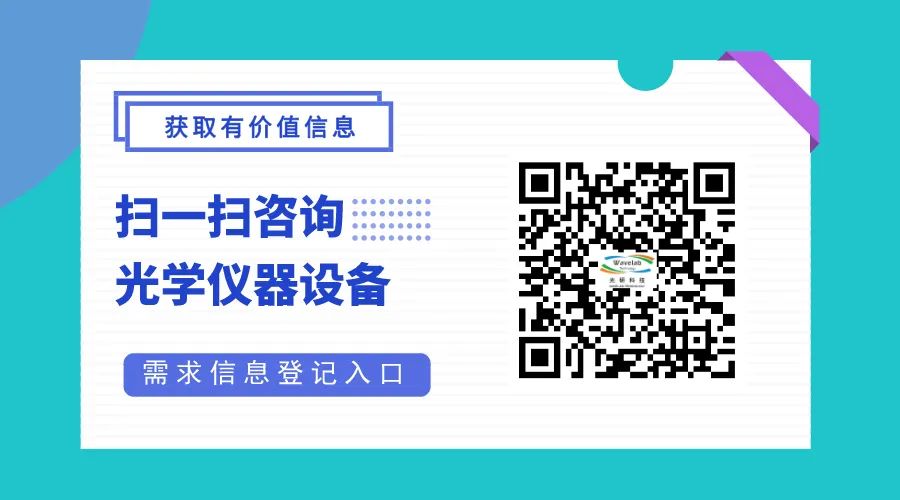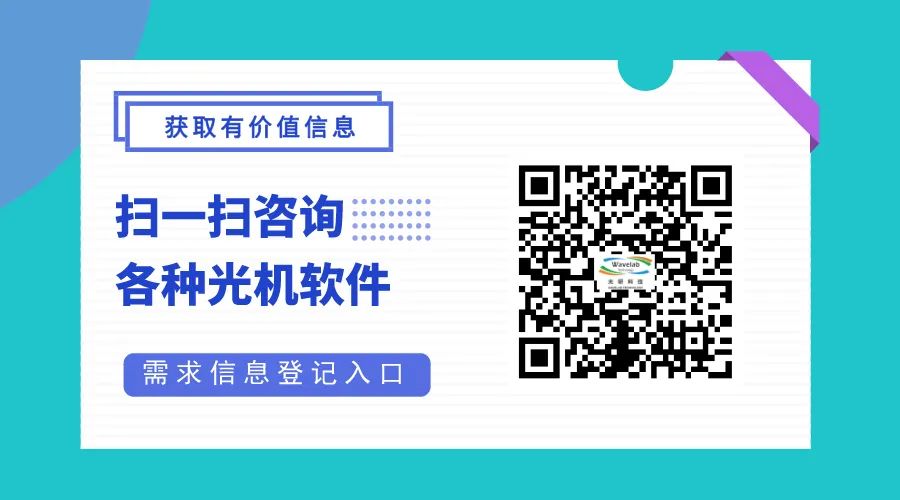Industrial automatic control systems integrate information management and automatic control by summarizing, analyzing, and organizing various information collected by industrial control computers from sensors and local area networks, ensuring information security through access authentication.
Industrial automation control is mainly divided into three parts: industrial automation systems, hardware, and software. The commonly used industrial automation control devices and systems today include servo systems, stepper systems, inverters, sensors, instruments, human-machine interfaces, data acquisition and monitoring control systems, distributed control systems, programmable logic controllers, and fieldbus control systems (FCS).
After years of development, the structure and core components of modern industrial automation control have begun to take shape:
1. Programmable Logic Controller (PLC). A programmable logic controller (PLC) is a digital operation electronic system designed specifically for applications in industrial environments. It uses a programmable memory to store instructions for executing logic operations, sequential control, timing, counting, and arithmetic operations, controlling various types of mechanical equipment or production processes through digital or analog input and output.
2. Data Acquisition and Monitoring Control System Redundancy Technology (High Reliability of the System).
System SCADA. The Data Acquisition and Monitoring System (SCADA) is a software application primarily used to collect system status information, process data, and enable long-distance communication to control equipment and conditions.
3. Remote Terminal Unit (RTU). A remote terminal unit (RTU) is a modular, specialized computer measurement and control unit designed for long-distance communication and harsh industrial environments. RTU products are widely used in SCADA systems.
4. Communication Technology. The types of communication in industrial control systems are divided into three based on the hierarchical structure of the system: standard communication bus (external bus), fieldbus, and local area network communication. Industrial control systems connect the host with various devices through these three types of communication methods, transmitting field signals to the control level, and then transmitting control level information to the monitoring and management levels.
5. Protocol. Communication between the field network and the control network of industrial control systems, as well as communication between various industrial control devices in the field network and components in the control network, often use unique communication protocols for industrial control systems. Currently, protocols involved in industrial control systems include fieldbus (CAN, DeviceNet, Profibus-DP, Profibus-PA, etc.), industrial Ethernet (EtherNet/IP, EtherCAT, HSE, Profinet, EPA, Modbus, etc.), and industrial wireless networks (IEEE 802.11, ZigBee, Rfieldbus, etc.).
Friendly Reminder: To find more industry news, you can click on the “Information Zone” in the public account menu and select “Learn Theory,” to follow more news here.
Scan the QR codes below
to get more information about optoelectronic products



·END·
— If you like it, please share it with your friends —
Click the “Seen” button in the lower right corner to let more people see it!
Disclaimer: The writing or reproduction of this article is intended to convey more information and contribute to the optoelectronic industry. If any text or images in the article unintentionally infringe your legal rights or are inappropriate, please contact the author within 20 working days, and we will coordinate to address it. Friends are welcome to supervise and provide valuable opinions on the content above the public account!
Contact email: [email protected], and industry friends are welcome to contact us for contributions. Thank you.